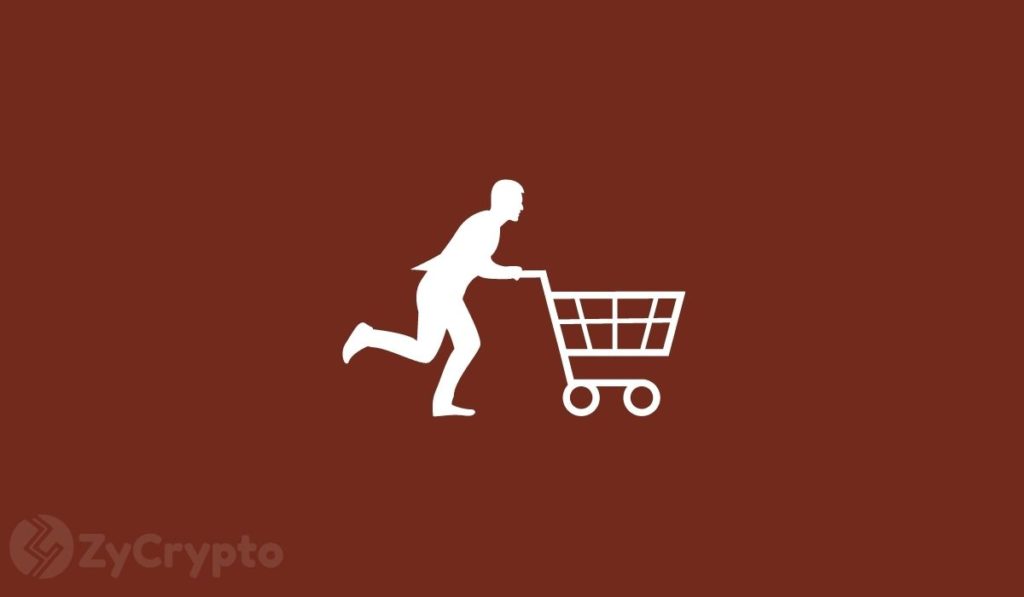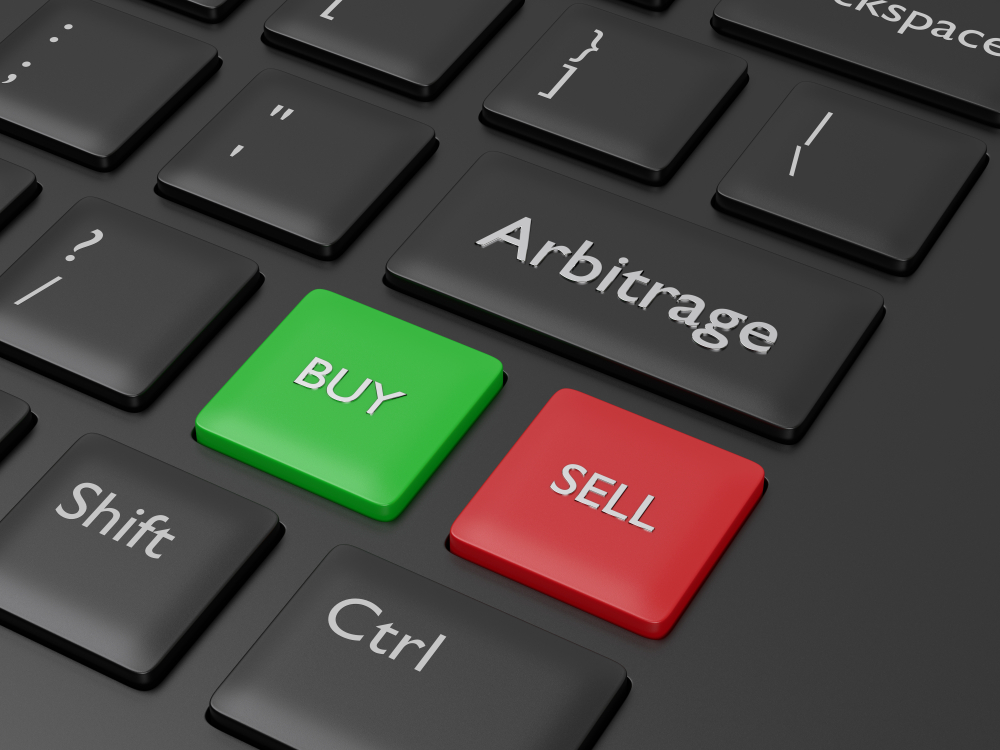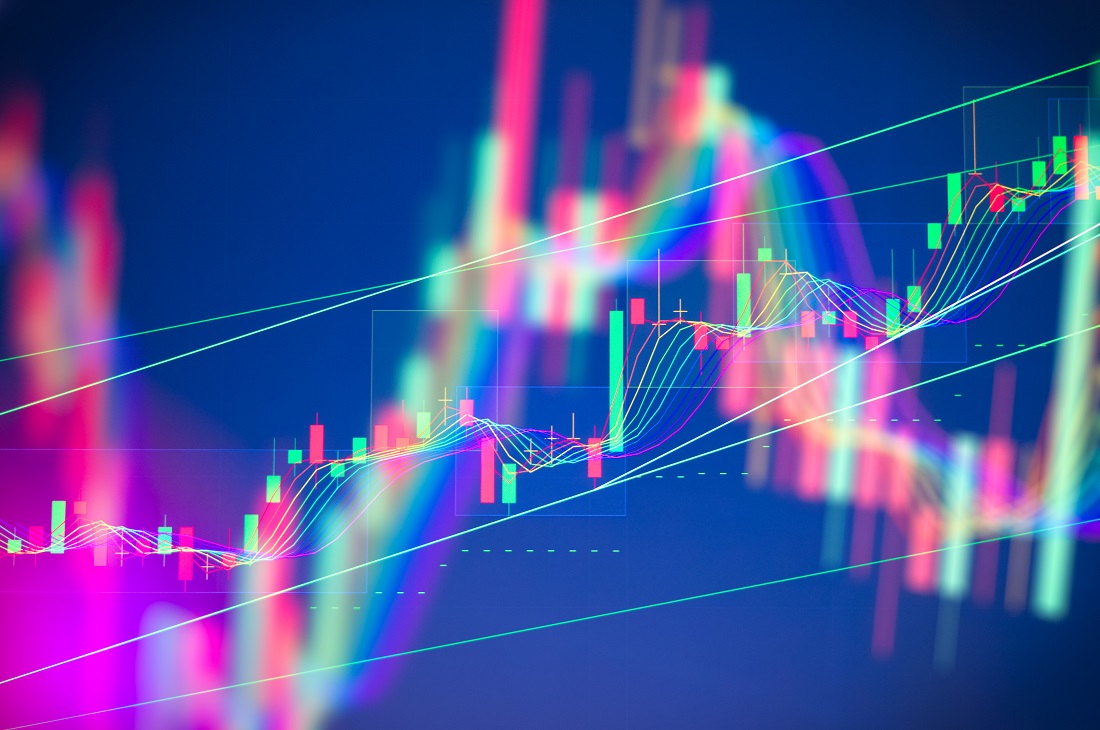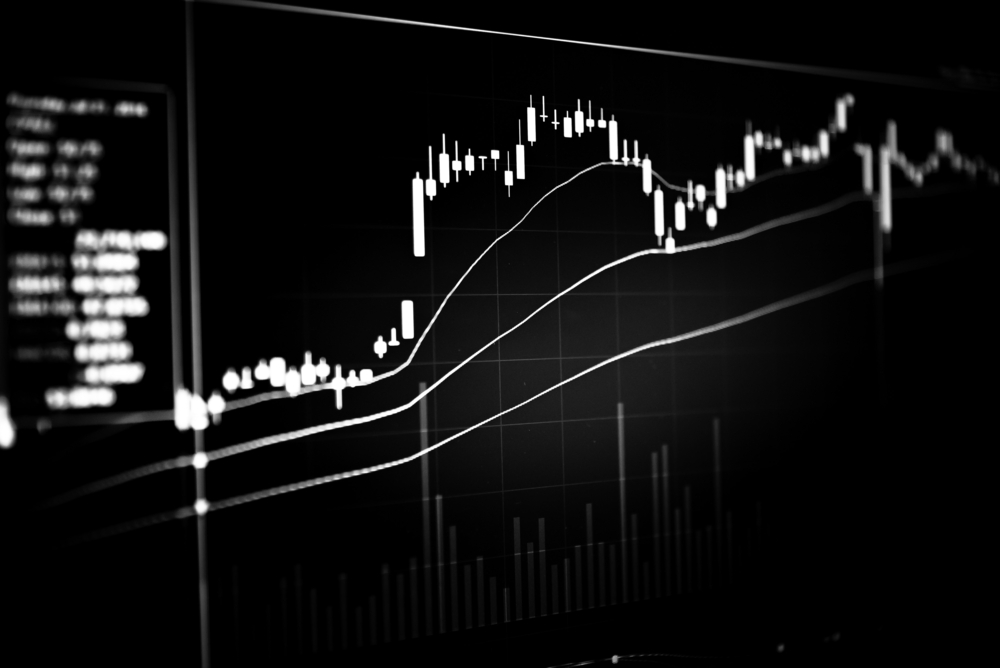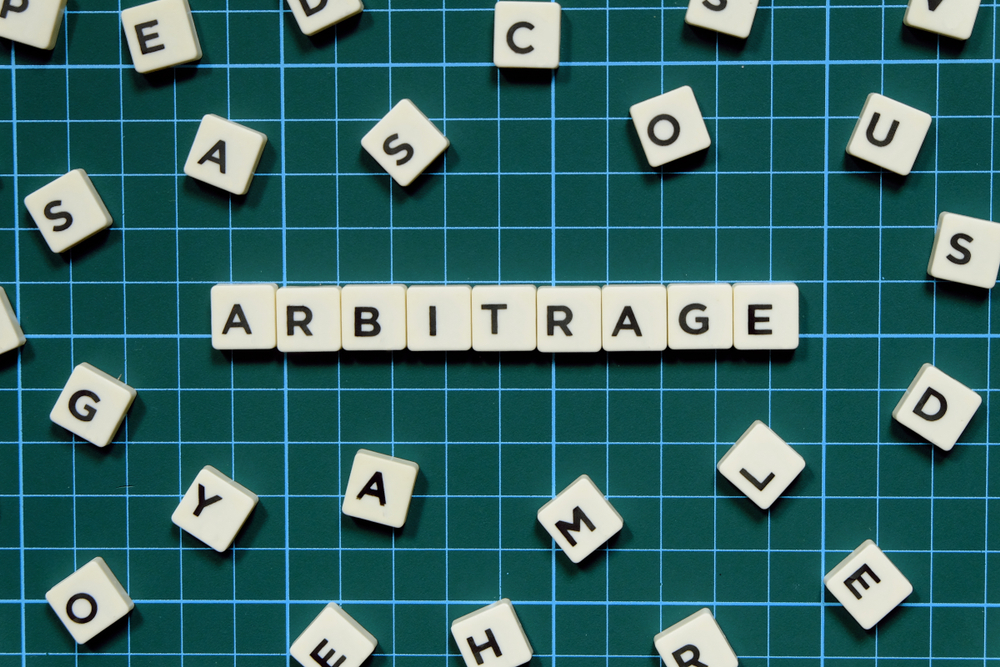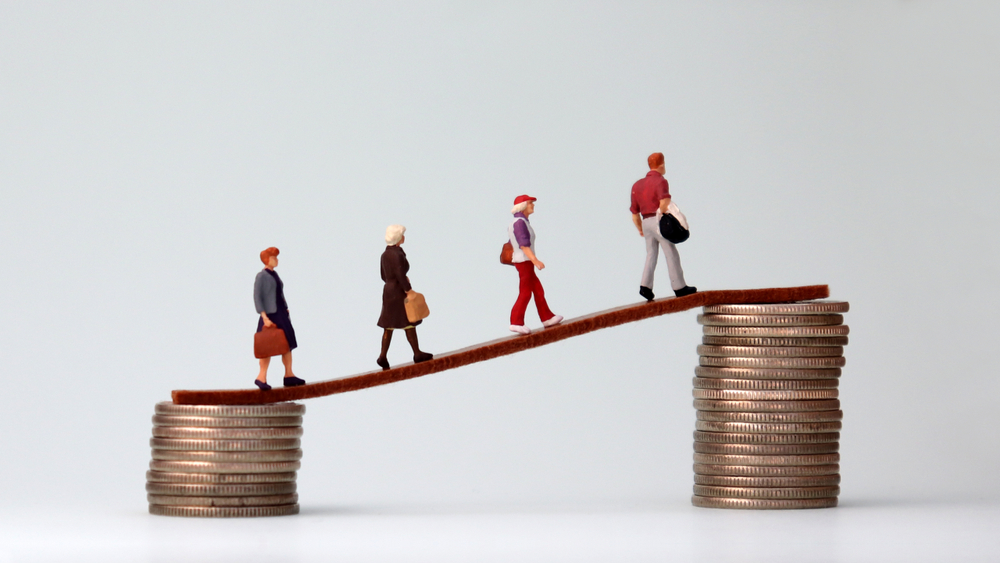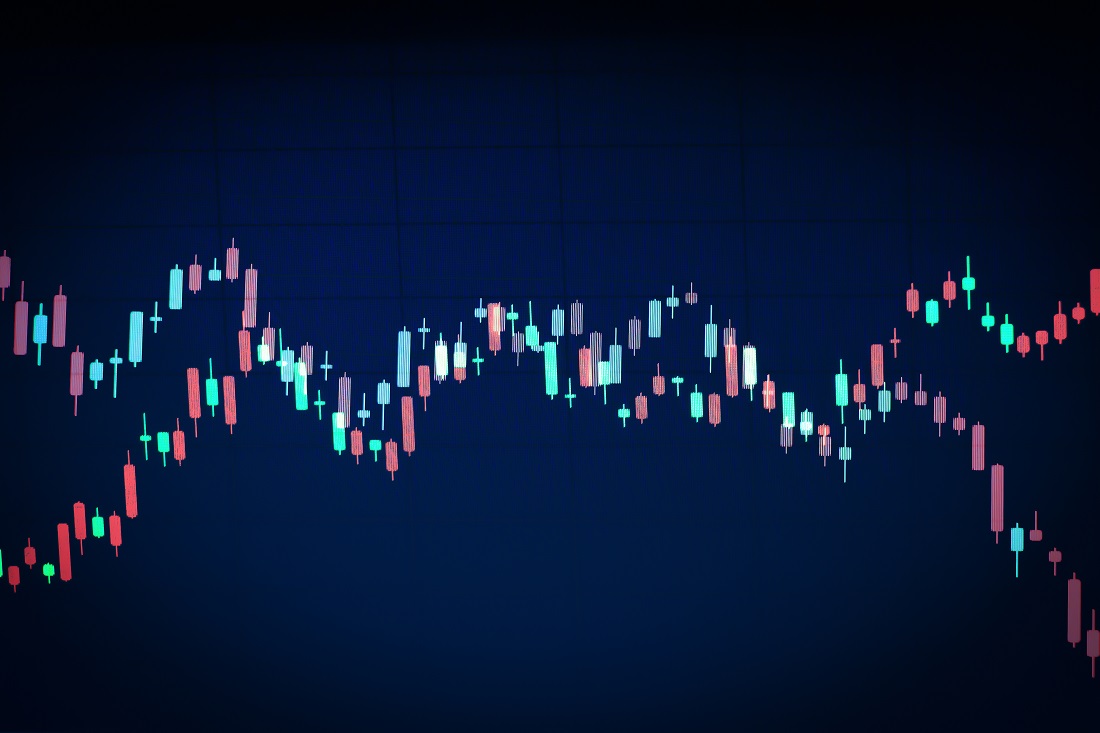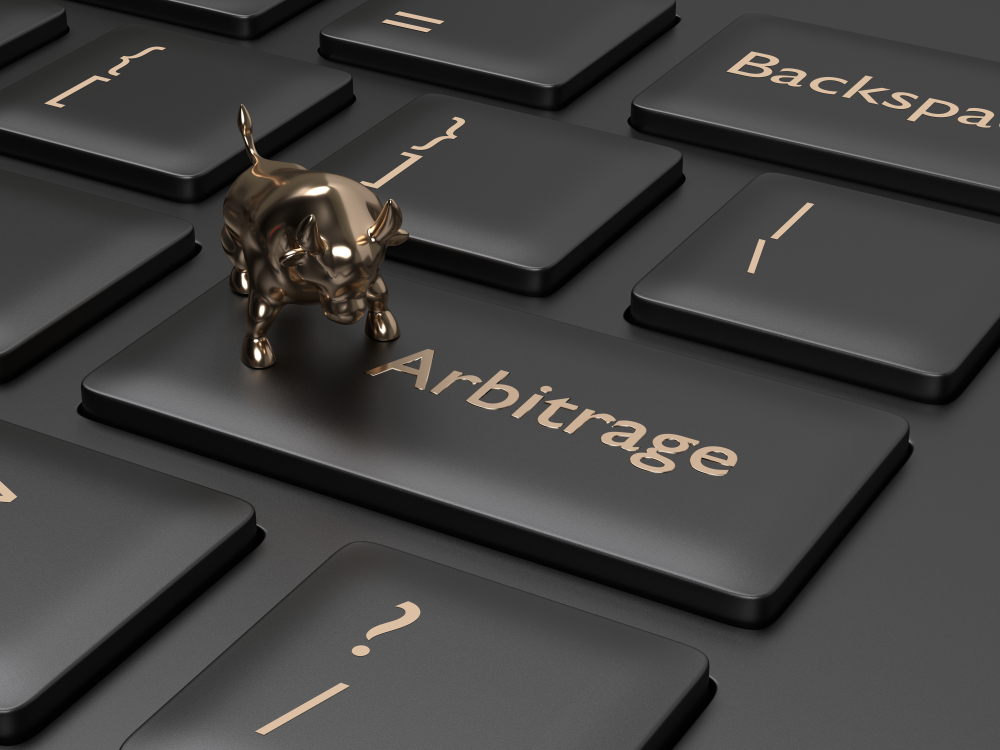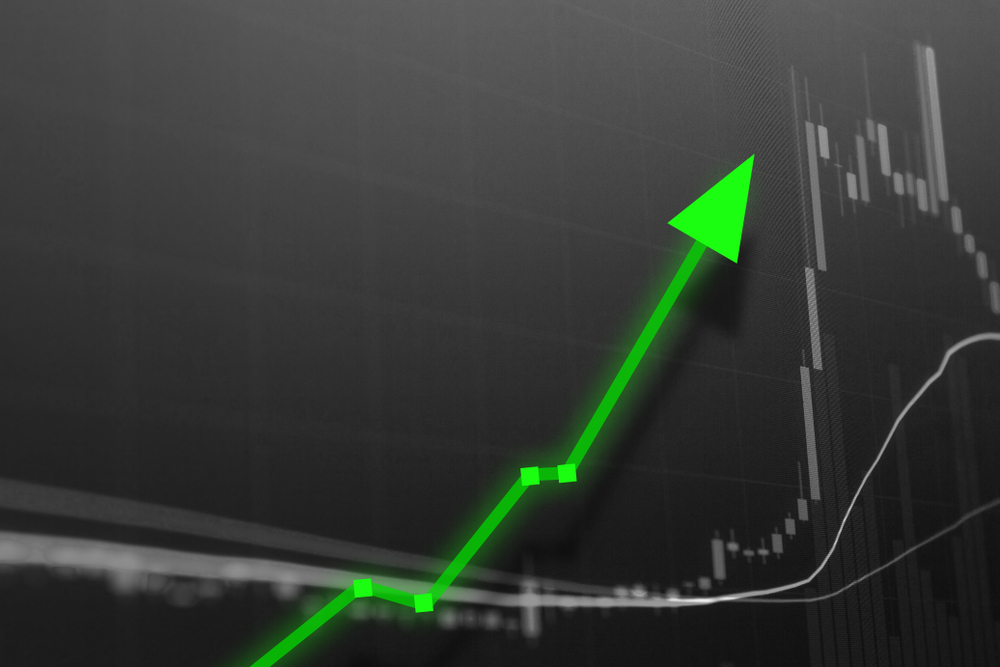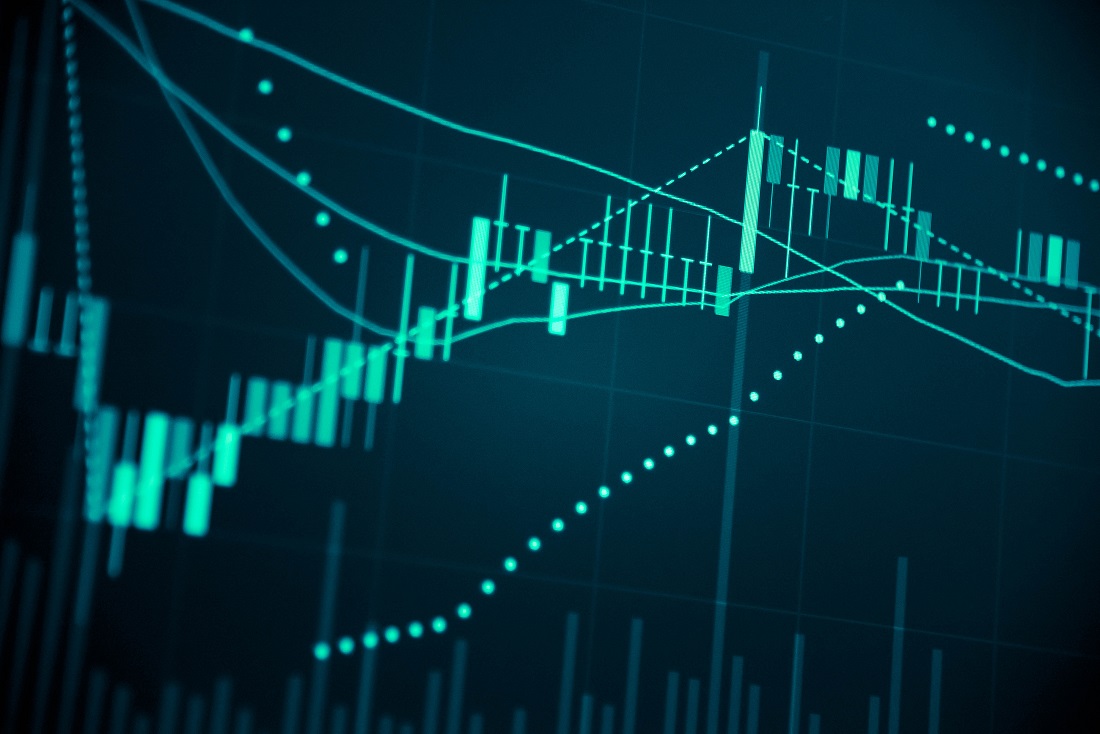2021-5-5 15:00 |
The epic rise of Dogecoin continues to split the crypto community. But one thing that’s not being disputed is DOGE’s unreal performance. In fact, investing stimulus money into DOGE shows a significant outperformance over Bitcoin.
With a seemingly unstoppable surge, is now the time to admit we were wrong about Dogecoin?
Source: DOGEUSD on TradingView.com Dogecoin Outperforms Bitcoin By A Significant MarginMuch has been made over the dollar growth of stimulus money invested into Bitcoin as a point of difference between fiat and crypto. According to @BitcoinStimulus, the original $1,200 payment made on April 15, 2020, is worth $10,211. That’s a 750% increase.
But the scale of difference between Dogecoin and Bitcoin gets highlighted when the same calculation is applied to DOGE.
A $1,200 DOGE investment in April 2020 would now be worth $439k, which equates to a 37,900% increase. This makes Dogecoin 50 times more profitable than Bitcoin.
If an investor had used all of their stimulus money to buy DOGE on receiving each of the three stimulus payments, they would be holding 787,250 tokens. At today’s price, that investment would be worth a staggering $536k.
Binance CEO Changpeng Zhao said he underestimated DOGE, amongst others. Blockfolio points out DOGE is worth more than BMW now. As much as crypto purists may sneer at the meme token, the numbers do the talking.
Even so, not everyone is convinced. Host of the Profit Maximalist podcast, Luke Martin, drew attention to the precarious position of DOGE investors. He mentioned the fleeting “Elon effect,” and the hold that whales have as reasons why trading DOGE is like playing musical chairs.
Trading $DOGE is like an advanced game of musical chairs except:
•Elon decides when the music starts
•The top 1% of wallets decide when music stops
•There's $70billion on the line
•More than 50% of players won't find a chair
One of the most interesting coins for this alone.
— Luke Martin (@VentureCoinist) May 4, 2021
Nearly 1 in 10 Americans Bought Cryptocurrency With Stimulus MoneyMissing the Dogecoin train is a point of regret for many people. While it’s easy to say things with hindsight, more people used stimulus money to buy crypto than you think.
According to The Harris Poll, of the first stimulus payment, 15% invested part or all of the money, with 7% specifically going into cryptocurrency. Regarding the second payment, respondents to the poll held steady, with 7% saying they invested some, or all, of the money in cryptocurrency.
In respect of the most recent payment, the poll concluded that Americans are not planning spending sprees as a whole. Instead, a significant proportion will save or invest the money, with 7%-8% of respondents saying they will buy cryptocurrency.
“It’s clear, though, that right now, getting back to spending is not the sole focus for Americans. Although most of those who expect to receive the next stimulus payment do see themselves in need, a large plurality plan to put at least some of the money into their savings (40%) or invest the funds (17%). Of those who plan to invest money from the new stimulus check, 53% plan to invest in cryptocurrencies.”
Based on yearly performance, investing in Dogecoin would have eased much of the current financial anxiety people face. However, as Martin points out, there may not be long before fundamentals catch up.
origin »Bitcoin price in Telegram @btc_price_every_hour
Dogecoin (DOGE) на Currencies.ru
|
|

